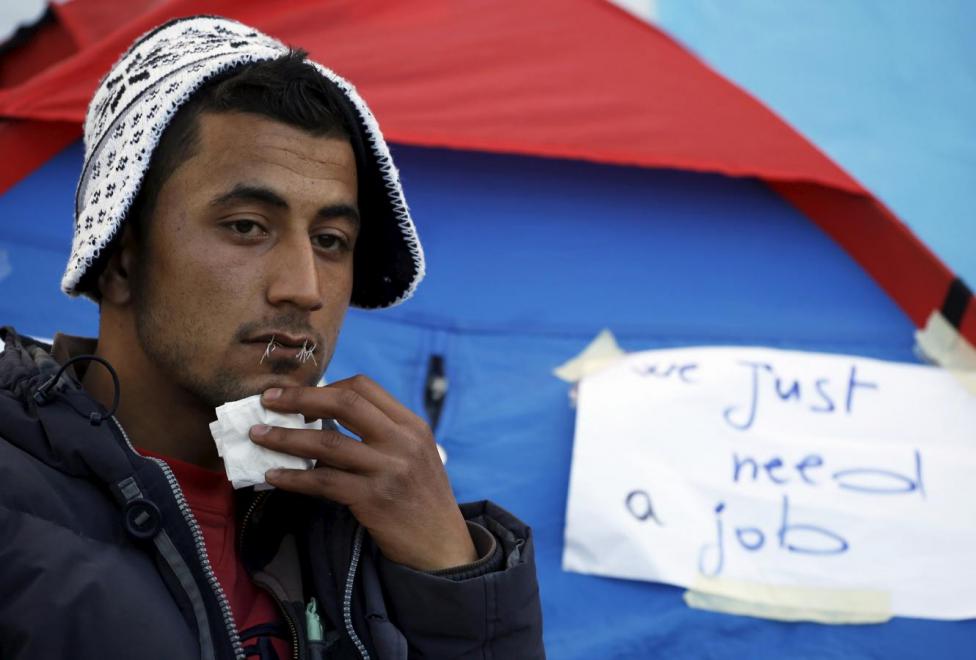Tunisia- Tunisian real estate market has lately witnessed a relative rebound with thousands of tourists and foreigners pouring into the country and the Tunisian diaspora returning and investing a huge share of its incomes in the real estate sector.
However, President of the Association of Property Developers Fahmi Chaaban said that this boom is not enough, underscoring the importance of a government intervention to support the real estate sector through taking a number of steps. Chaaban also called for solving the issue of tax exemption for those willing to purchase domiciles and ensuring lands suitable for construction.
Chaaban attributed the rise of properties’ cost to the deterioration of TSD value compared with other foreign currencies, especially the Euro and the dollar. “The majority of Tunisians cannot afford the self-financing percentage (approximately 20% of total cost) making it impossible for them to own domiciles, not luxurious ones for sure,” added Chaaban.
A recent study on the real estate sector revealed that one out of four apartments finds no buyers. A future crisis in Tunisian real estate sector is likely due to relapse in sales; this crisis will represent a significant threat to funding banks and the economy as a whole, added the study. Banks, in turn, will most probably tighten conditions on real estate developers to push them towards paying up dues.
Despite the current boom in Tunisia, statistics show that 23% of Tunisians have no houses and can’t afford burying ones amid these tough economic conditions. There are 426,000 unoccupied apartments.
Real estate investors increased following 2011 revolution; this step is described by experts as an escape by capital owners to secure investment where risk rates are low.
Tunisia aims to restructure the role of meddlers in the housing field and to allow them to cause changes in the market and re-create real estate credit to seek balance in the sector.
